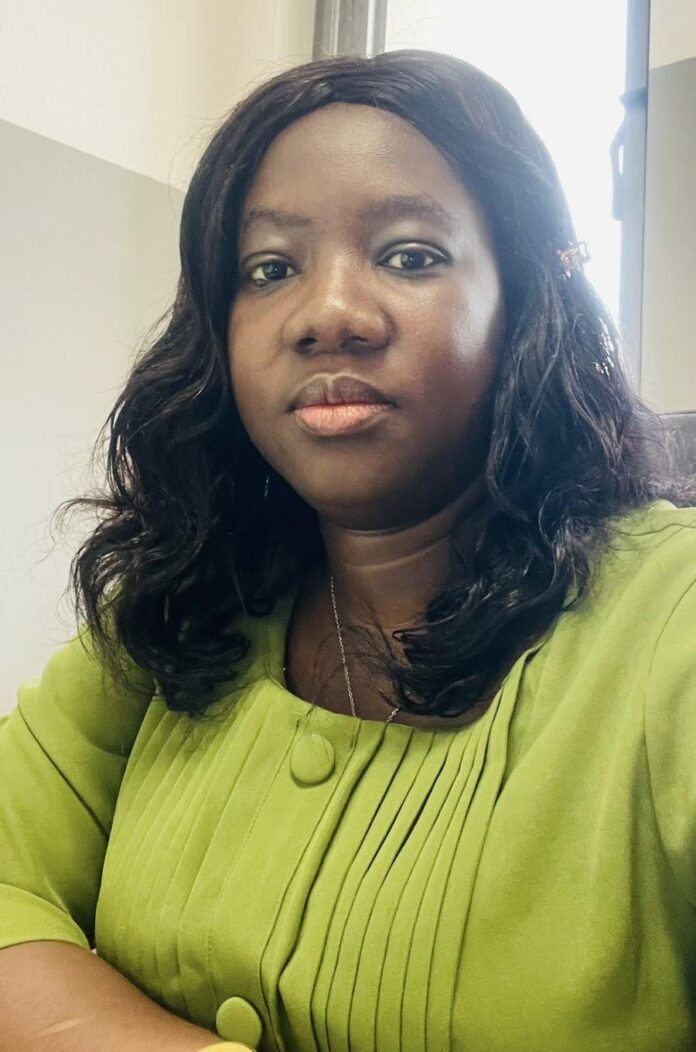The Government of Liberia has unveiled a new nationwide initiative, the “Feed Yourselves” Agenda, aimed at reducing the country’s heavy dependence on imported food, strengthening food sovereignty, and revitalizing the domestic agriculture sector.
For years, Liberia has faced chronic food insecurity, spending millions annually on rice, vegetables, poultry, and processed foods from abroad, despite its fertile soil and vast agricultural potential. According to estimates, more than 70 percent of Liberia’s staple rice consumption comes from imports. In 2023 alone, the country spent over US $200 million on rice purchases.
President Joseph Nyuma Boakai has placed agriculture at the center of his ARREST Agenda (Agriculture, Roads, Rule of Law, Education, Sanitation, and Tourism). The “Feed Yourselves” campaign is designed to shift the nation away from dependency by encouraging citizens to grow, consume, and prioritize Liberian-grown produce.
A National Movement for Food Sovereignty
Officials say the agenda is not just a government program but a national movement calling for grassroots participation. The plan highlights: Boosting rice production with improved seeds, mechanization, and irrigation in Lofa, Bong, and Nimba counties. Expanding backyard and community farming, especially in schools, churches, and security institutions. Promoting cassava, maize, fruits, vegetables, poultry, and fisheries to diversify local diets. Strengthening District Agriculture Councils (DACs) through the One District One Crop (ODOC) policy. Prioritizing local food procurement for schools, hospitals, and other public institutions.
At its core, the agenda ties food sovereignty to national independence, stressing that Liberia cannot be fully self-reliant while relying on imports from Asia, America, or neighboring countries.
Why It Matters
Agriculture remains Liberia’s largest employer, and the government believes scaling up local production could create thousands of jobs for youth, women, and returning migrants. Officials also argue that cutting imports would save foreign exchange, drive rural development, and improve nutrition by providing healthier, locally grown foods.
“Every bag of imported rice is money leaving the country,” agricultural planners noted, emphasizing that investing in domestic production could transform rural economies and reduce poverty.
A Shared Responsibility
The government has stressed that success depends on collective action. Local chiefs are being urged to make land available for youth farming, while schools are encouraged to integrate agriculture into lessons and meal programs. Faith-based institutions, the media, and families have also been called upon to play active roles in reshaping attitudes toward farming.
“Agriculture is not a fallback—it is the foundation of national dignity,” said officials in support of the initiative.
The Ministry of Agriculture, under Minister J. Alexander Nuetah, is working to align donor programs, private investments, and government resources with the Feed Yourselves vision. Planned measures include subsidies for seeds and fertilizers, rural road development to link farms with markets, and the promotion of agro-tourism.
International partners, including ECOWAS, the African Development Bank, USAID, FAO, and the World Bank, are being urged to direct their support toward strengthening Liberia’s food sovereignty instead of reinforcing dependency on imports.
Observers say the initiative marks a decisive moment in Liberia’s development journey. The government insists that feeding the nation with homegrown food is not only possible but essential for long-term stability and prosperity.
With the land available and citizens willing, Liberia’s leaders hope the “Feed Yourselves” Agenda will move the country closer to a future where hunger is no longer exported and national pride is cultivated through farming.



